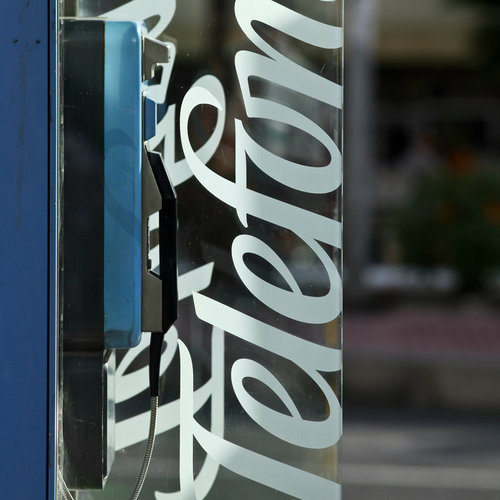Eurobites: Telefónica does some blue-skies thinking on broadband
Also in today's EMEA regional roundup: Kcom uses ADVA's optical transport; Enea lands private network gig in Taiwan; Brits love drones, says BT research.

Also in today's EMEA regional roundup: Kcom uses ADVA's optical transport; Enea lands private network gig in Taiwan; Brits love drones, says BT research.
Telefónica has teamed up with Skydweller Aero, a US-Spanish company developing solar-powered aircraft, to explore how such aircraft could be used to help provide connectivity for affordable broadband access in "unserved and underserved" regions. The collaboration will include the development of technical specifications for non-terrestrial communication payloads, look at how non-terrestrial networks can be successfully integrated with existing, terrestrial ones and evaluate commercial models for various consumer and business applications.
Kcom, the UK operator that has made its name doing in and around the northern city of Hull what BT does in the rest of the country, has turned to ADVA's FSP 3000 optical transport platform to help it meet the ever-rising demand for data. Featuring ROADM (reconfigurable optical add-drop multiplexer) technology, the platform allows Kcom to more easily "turn up" new services.
Taiwan-based Compal Electronics is to deploy a 5G core from Sweden's Enea to manage data on its private network and bolster its smart-manufacturing capabilities. Among other requirements, the manufacturer needed to securely authenticate and "provision" various devices, including virtual reality and augmented reality headsets over 5G radio and small cells.
Swisscom is offering free mobile Internet on Switzerland's trains via an app from SBB, the country's rail operator. Swisscom's customers can take advantage of the offer from December 12, though the operator seems a little late to the party: SBB and its partners have been trialing free Internet on trains for around a year.
Nearly seven in ten Brits have warm feelings towards drones and believe that the vaguely sinister, personal-privacy-invading gizmos will "positively impact their future." Such are the unlikely findings of new research carried out by BT in association with the Project XCelerate Consortium. Half of those asked want to see drones used for risky jobs such as firefighting and inspecting infrastructure.
The UK's Mobile Phone Museum officially opens today, with a pop-up, one-night exhibition in London's Soho to mark the occasion. The pet project of telecom analyst Ben Wood, the museum boasts a collection of 2,100 handsets, from early yuppie-bricks to more recent stabs at "luxury" devices from the perhaps unlikely combination of Blackberry and Porsche Design. It's amazing what you can find in your bedside drawers… Figure 1:
 Ben Wood, founder of the UK's Mobile Phone Museum: His bedside drawers are officially empty.
Ben Wood, founder of the UK's Mobile Phone Museum: His bedside drawers are officially empty.
(Source: Tim Whitby/Mobile Phone Museum)— Paul Rainford, Assistant Editor, Europe, Light Reading
Read more about:
EuropeAbout the Author(s)
You May Also Like












